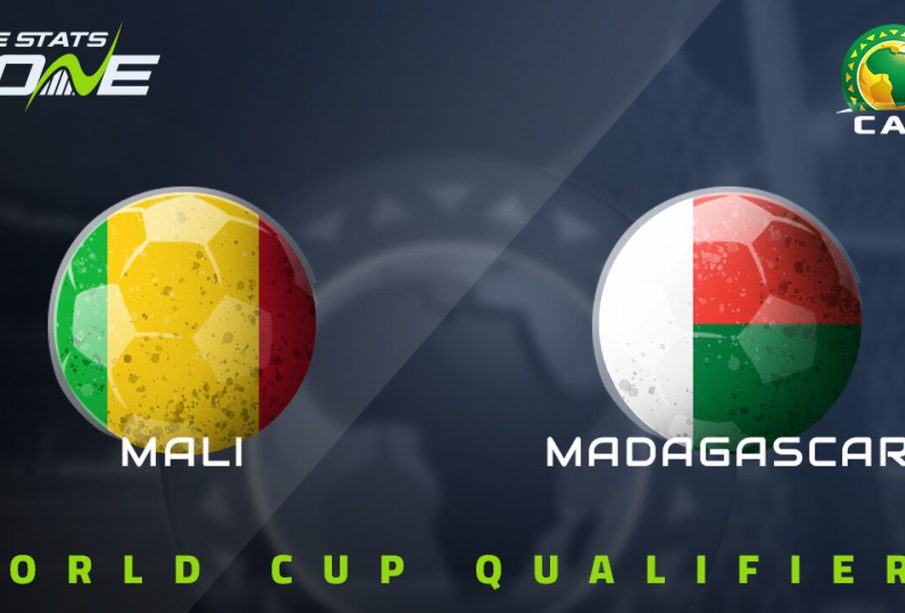Mali vs Madagascar: A Comparative Overview

Introduction
The comparative study of Mali and Madagascar has garnered significant attention recently, not only due to their unique cultural and geographical differences but also owing to ongoing developments in politics, economics, and sport. As two nations facing distinct challenges and opportunities, understanding the dynamics between them is crucial for scholars, policymakers, and global enthusiasts alike.
Political Context
Mali, located in West Africa, has been grappling with political instability and security issues, particularly due to the ongoing threat from extremist groups in the northern regions. Following the coup d’état in 2020, Mali has witnessed various changes in governance, leading to uncertainty over its future. In contrast, Madagascar, an island nation in the Indian Ocean, has experienced relative political stability but faces economic difficulties exacerbated by recent natural disasters and the impacts of global pandemics.
Economic Developments
Economically, both countries face challenges. Mali, reliant on agriculture and gold mining, struggles with developmental aid and infrastructure deficiencies. Meanwhile, Madagascar, rich in biodiversity, has a significant agricultural sector and a potential for eco-tourism but is hampered by resource mismanagement and political corruption. Recent efforts to enhance trade ties and investment opportunities can be seen as a positive step towards improving their economic situations.
Sporting Encounters
In sports, recent football matches have highlighted the competitive spirit between Mali and Madagascar, particularly during the African Cup of Nations qualifiers. The encounters have showcased the rising profile of both teams on the continental stage, with Mali often seen as the stronger competitor, yet Madagascar’s surprising performances have made headlines in recent years. This friendly rivalry not only brings entertainment but also fosters a sense of regional unity.
Conclusion
In summary, the comparison between Mali and Madagascar reveals a complex interplay of politics, economics, and culture. As both nations navigate their individual challenges, the potential for collaboration and mutual growth remains a significant aspect of their future. Observers and stakeholders should watch closely to understand how these dynamics evolve, especially in a world increasingly defined by global interconnections.








